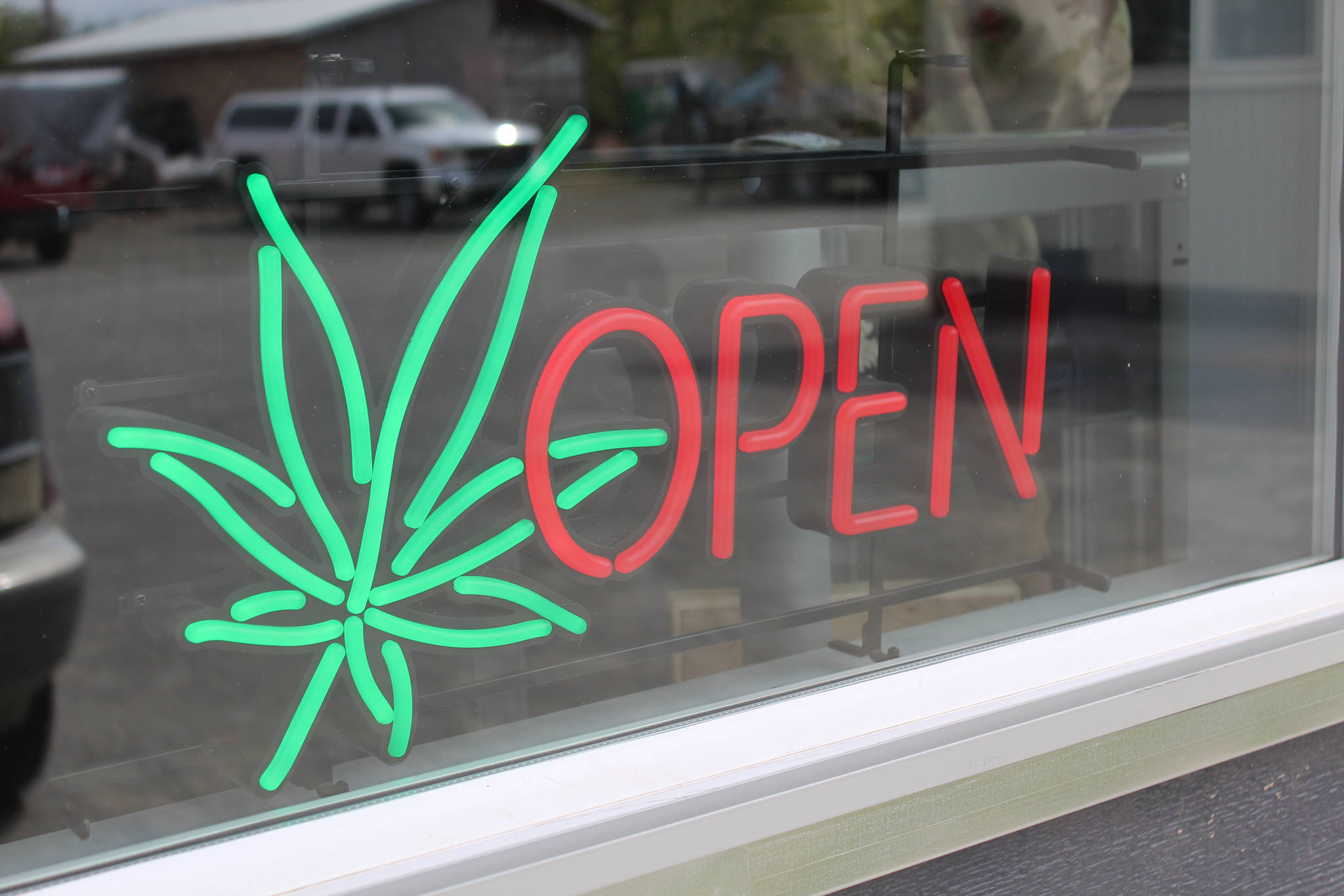Last Wednesday, members of the cannabis industry gathered to discuss concerns they wanted to raise at the upcoming October Alcohol and Marijuana Control Office meeting, which is going to be held in Kenai for the first time.
The Clarion reported many concerns that rose from the group, like video retention to wait times for license applications.
Chairman of the Marijuana Control Board, Mark Springer said he hears concerns like this quite often.
“I think most of the industry understands the constraints in time to renew an application,” Springer said. “There’s a lot of back and forth. As one application gets completed, they are able to move on to the next one. We’ve tried our hardest to explain that.”
Springer said the wait times aren’t exclusive to applicants of the Kenai Peninsula.
During the Wednesday meeting, host Dollynda Phelps expressed frustrations with application wait times. She said she submitted an application on March 30 and is still in the queue for review. She suggested the office hire additional staff to manage the influx of applications.
Alcohol and Marijuana Control Office Director Erika McConnell said that application review time is a huge issue right now.
“The time it is taking to review applications is a huge issue, which we are working to address,” McConnell said in an email. “Unfortunately, it is not as simple as just adding new staff, as our budget is set by the legislature and we can’t exceed a spending limit without their authority.”
The Alaska cannabis industry has generated millions since recreational marijuana became legal, and none of that money is used to function AMCO.
“It would be appropriate for people who are concerned to go to (Sen. Peter Micciche) if they think license applications are held up because we are understaffed,” Springer said.
On Aug. 15, amendments were made to a regulation that determines the testing of products not sold to retail. Phelps said the amendment places an unnecessary financial burden on small cultivators.
“I believe the small cultivators are the backbone of the industry,” Phelps said during last week’s meeting. “This (regulation) will put us out of business.”
McConnell said the change was developed by a working group comprised of a board member, seven licensees representing all four license types (cultivation, manufacturing, retail and testing), representatives from the three state laboratories and AMCO staff.
“The proposed change received three comments from the public during the 30-day comment period,” McConnell said. “If it was going to put small cultivators out of business, you’d think we’d have received more comments.”
McConnell said the only financial impact on licensees is larger harvest batches will have to provide more samples to a testing lab. Now, a 4-gram sample is required for lab testing, no matter the harvest size.
“Once the new regulation becomes effective, a sliding scale for the number of grams required for a testing sample is established,” McConnell said. “Four grams will still be the sample size for harvest up to two pounds, with an additional gram required for every additional pound. The financial significance of this regulations change is minimal.”
Another major concern the group addressed is video retention time, which is currently 40 days. McConnell said the board is considering a proposal to increase this to 90 days. The proposal has been out for public comment and will be on the next agenda for the board to take action.
McConnell addressed comments made by Phelps and others at the meeting about the function of AMCO, which she said is to protect the health and safety of Alaskans.
“Everyone in the AMCO office, starting with me, takes our responsibility to enforce the alcohol and marijuana statutes and regulations very seriously,” McConnell said. “The statutes and regulations exist to protect the health and safety of Alaskans. We work hard to help licensees operate in compliance with the rules, but also must document violations of those rules when they occur.”
McConnell said in her 17 months as director, only two marijuana licenses have been revoked by the board — a manufacturing license and a retail license, owned by the same people.
“(They) were revoked because the licensee had sold tens of thousands of untested edibles across the state, which was a significant public health and safety risk,” McConnell said.
Springer said he welcomes Rep. Paul Seaton, Micciche and others to come and voice any concerns they might have at their October meeting in Kenai.
The Alcohol and Marijuana Control Office will hold a meeting at 145 Main Street Loop in Kenai on Oct. 15 at 10 a.m. The Marijuana Control Board will be meeting at 9 a.m., Oct. 16-17, in Kenai at the same location. To attend telephonically call 1-800-315-6338, access code 69176.
Reach Victoria Petersen at vpetersen@peninsulaclarion.com.

